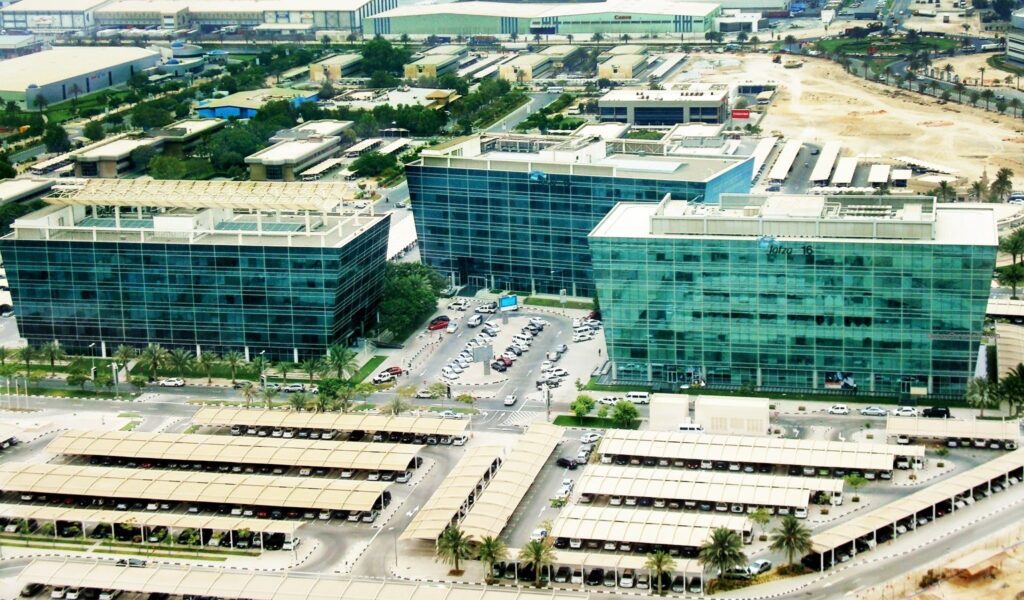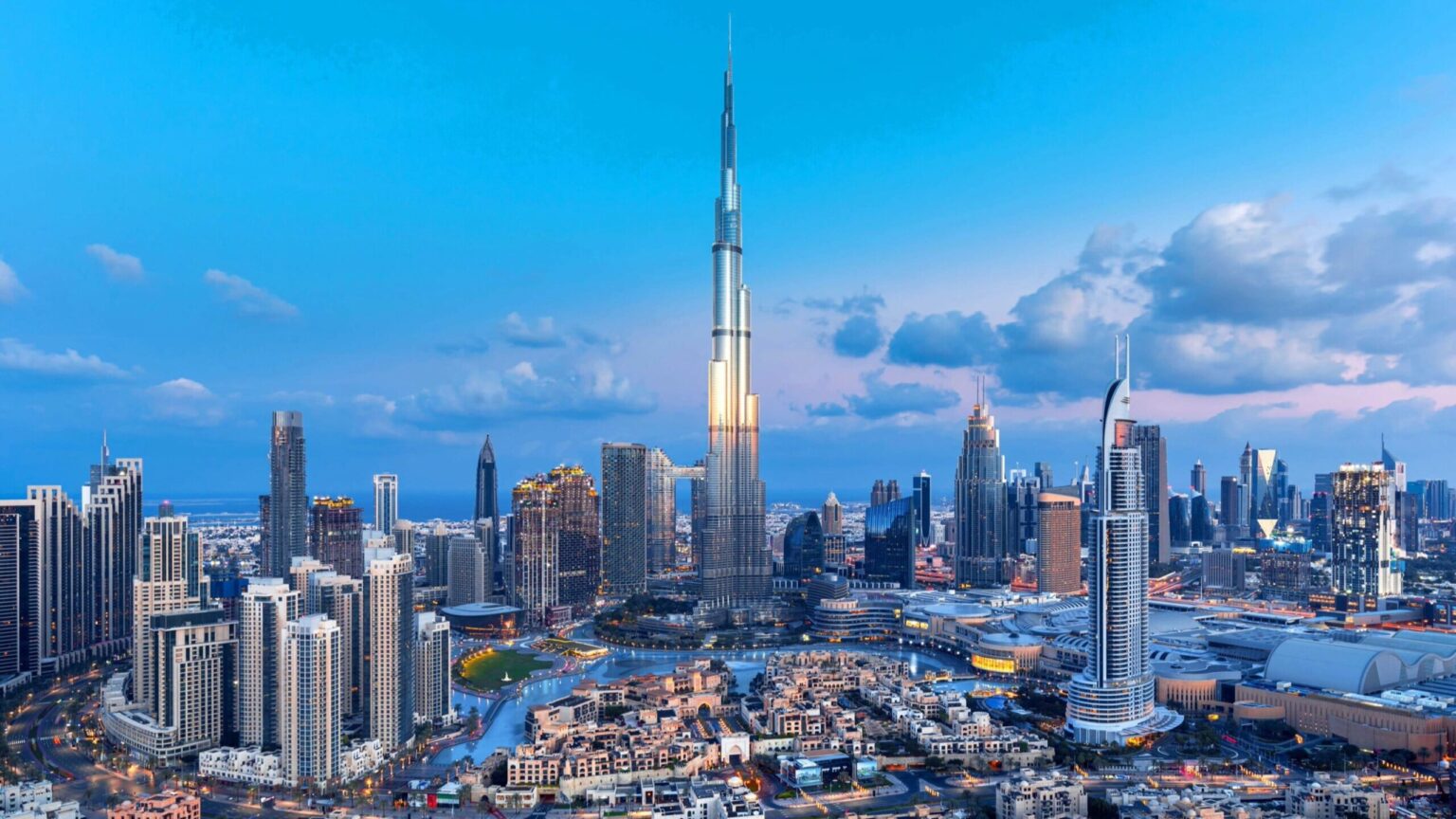Dubai has already implemented a key regulatory innovation to be introduced to investors and entrepreneurs: the One Freezone Passport, which is a single unified license allowing businesses to carry out their work in all of Dubai’s free zones without the need to apply to each of the free zones individually.

The initiative was announced by the Dubai Free Zones Council and has been in effect since then, and will ensure repetitive paperwork and compliance procedures that were slowing business or adding to the cost of conducting business are eliminated.
Sheikh Ahmed bin Saeed Al Maktoum, the Chairman of the Dubai Free Zones Council, opined that this is a game-changer for both investors and entrepreneurs. It helps in strengthening Dubai in terms of a business-friendly environment.
Table of Contents
What the One Freezone Passport does
The new system gives a company the freedom to do this with a single license and utilize the entire range of incentives that companies are typically granted in the free zones, such as tax concessions, full ownership, and other allowances to operate without the need to re-incorporate and acquire new permits as it continues to expand its business across different zones.
The Council says that the passport will:
- Eliminates duplication of licensing and multiple checks of compliance in zones.
- Cost and administrative burden reduction to companies engaging in more than a single free zone.
- Acceleration in market entry and growth so that companies can grow larger within the city of Dubai.
Who stands to gain?
Some of the first anticipated adopters are the multinational companies that need faster access to the MENA market and startups needing to scale their operations without hefty upfront licensing fees. Areas that the Council states as potentially benefiting include technology and manufacturing, as well as logistics, and it noted that the reform will enhance cross-sector collaboration in the Dubai free-zone ecosystem.
Key Benefits of the One Freezone Passport
- Single License Across Free Zones: Business firms no longer require individual licenses in each free zone.
- Lower operational costs: Saves costs through the unnecessary duplication of licensing and compliance costs.
- Full Foreign Ownership & Tax Exemptions: It allows investors to continue with their free zone benefits.
- More Rapid Market Growth: Businesses can intersect across other territories without re-incorporation.

Economic and strategic impact
The One Freezone Passport facilitates the Dubai Economic Agenda D33, which is a strategic plan of the Dubai government to expand the emirate by doubling GDP by the year 2033 as a result of market-relevant economic amendments and incentives.
The establishment of the passport can help in stimulating greater foreign direct investment, job growth, and an overall increase in competitiveness in the United Arab Emirates as an international hub of business by reducing administrative barriers to expansion, which hopefully will increase the interest of other firms in investing in this country.
Dubai authorities indicate that the measure will enhance regulatory integrity among free zones, meaning long-term investment and enforcement endeavors can be easily performed by investors and monitored by authorities in structured processes.
What businesses should do next?
The Dubai Free Zones Council has encouraged companies and any investor to refer to their free zone authority or visit official pages on the Council for specifics relating to eligibility, transition plans, and application details. Although the passport is said to be effective immediately, the implementation procedures and administrative specifics, such as whether the current licenses will have to be changed or whether the existing companies have to re-register, will be elucidated by official free-zone portals.
Bottom line
Dubai is reducing a large source of friction engineered in the free-zone model by coalescing all these licenses into a single, transferable passport. The One Freezone Passport is a strong indication of the continuing determination of the emirate to streamline regulation, reduce the cost of doing business, and provide an even swifter, more adaptable location for international investment and innovation.

